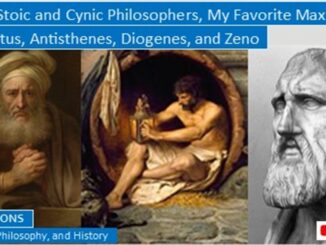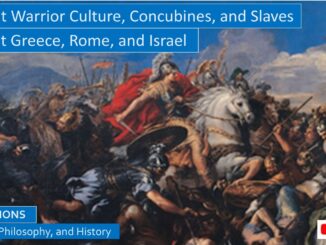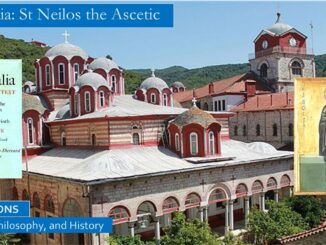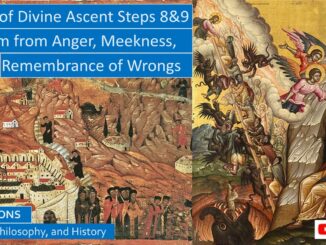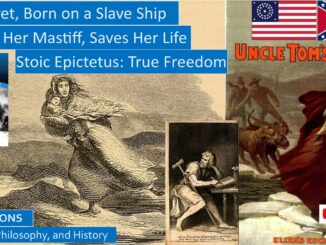
Margaret Ward Fleeing to Freedom With Help From Watch, Her Mastiff, and Epictetus on True Freedom
Margaret was willing to make the best of her situation, she was willing to serve her master’s family as she served Jesus, she compassionately cared for her master’s family, as long as they respected her human dignity. Once they crossed the line, without hesitation, she immediately fled for freedom with her infant, guided and protected only by God and the North Star.
Epictetus discusses how the Spartan lawgiver Lycurgus that “slavery is no more bad than good, and freedom no more good than bad,” he proclaims proudly: “If I were a slave and one of these men was my master, I would torment him, even if it earned me a thrashing a day.” […]

